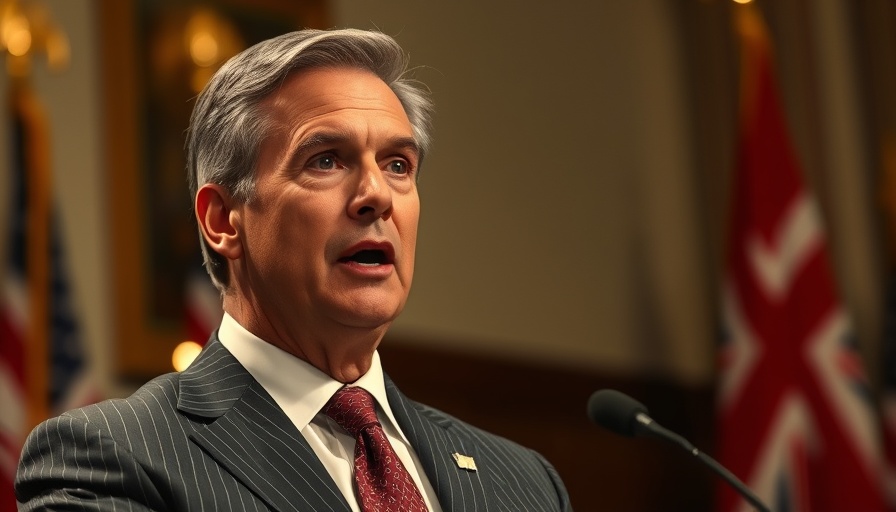
The Debate Over Fluoride: What's at Stake?
Health Secretary Robert F. Kennedy Jr.'s recent comments about removing fluoride from drinking water have ignited a fiery debate regarding dental health in America. During a television appearance, Kennedy acknowledged that eliminating fluoride could lead to a rise in cavities among children. Yet, he suggested there is a necessity for parents to decide as ‘science is very clear on fluoride’. This opened the floor to discussions around the balance between public health policies and personal choice.
The Importance of Preventive Dental Care
Preventive care is often the cornerstone of public health strategies, especially in combating issues like tooth decay. After all, fluoride has been credited with significantly decreasing cavities over the decades. In lower-income communities, where access to dental care may be limited, fluoride in drinking water can be especially vital. Kennedy's admissions have led many to question whether removing fluoride might disproportionately affect these populations, exacerbating existing health disparities.
Global Perspectives and Local Implications
Interestingly, RFK Jr.'s assertion that fluoride-free European countries have not necessarily experienced higher rates of cavities can be contentious. Countries like Sweden and Germany do have lower cavity rates, yet they often implement extensive preventive dental programs that may be less accessible in the United States. The effectiveness of different approaches to dental health highlights the need for balancing fluoride use with comprehensive dental care accessibility.
The Social Media Backlash: What Are People Saying?
Social media has erupted with reactions to Kennedy's proposal, with many users questioning his qualifications and the potential repercussions for children’s dental health. Comments suggest a growing concern over the quality of health advice being offered by political figures as opposed to trained medical and dental professionals. This reflects a larger trend where trust in public health messages is being scrutinized, particularly amidst phenomena like the COVID-19 pandemic.
Emotional Health and Community Responsibilities
The tone of the debate surrounding fluoride reflects broader issues of emotional well-being and community responsibility. Parents strive to provide the best for their children, and when policies about health options come into play, frustrations can arise. It’s crucial for parents to feel supported and empowered in making health-related decisions, particularly as they reflect on their capacity to facilitate their children’s dental health.
Taking Charge of Your Family's Dental Health
As Kennedy's comments spotlight the issue, parents can take proactive steps to safeguard their children's dental health. Engaging in regular dental check-ups, maintaining a balanced nutrition plan that avoids sugary substances, and fostering good dental hygiene practices at home are actionable ways to mitigate cavity risks. Understanding how personal habits intersect with public policy allows families to make more informed choices.
The conversation sparked by RFK Jr. is indeed complex, requiring a nuanced understanding of public health policy, access to care, and individual choice. Navigating these waters is critical for families keen on advocating for their health while making sense of evolving health narratives.
To stay proactive about your family's dental health, dive into wellness tips that support holistic family care. Consider incorporating some stress management techniques or mindfulness practices to cultivate a more health-conscious household.
 Add Row
Add Row  Add
Add 




Write A Comment